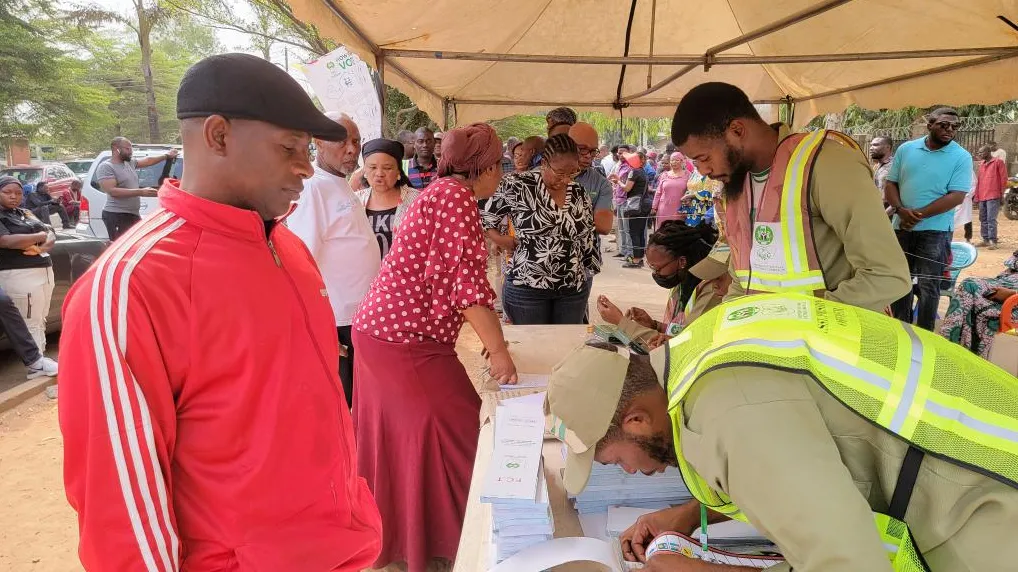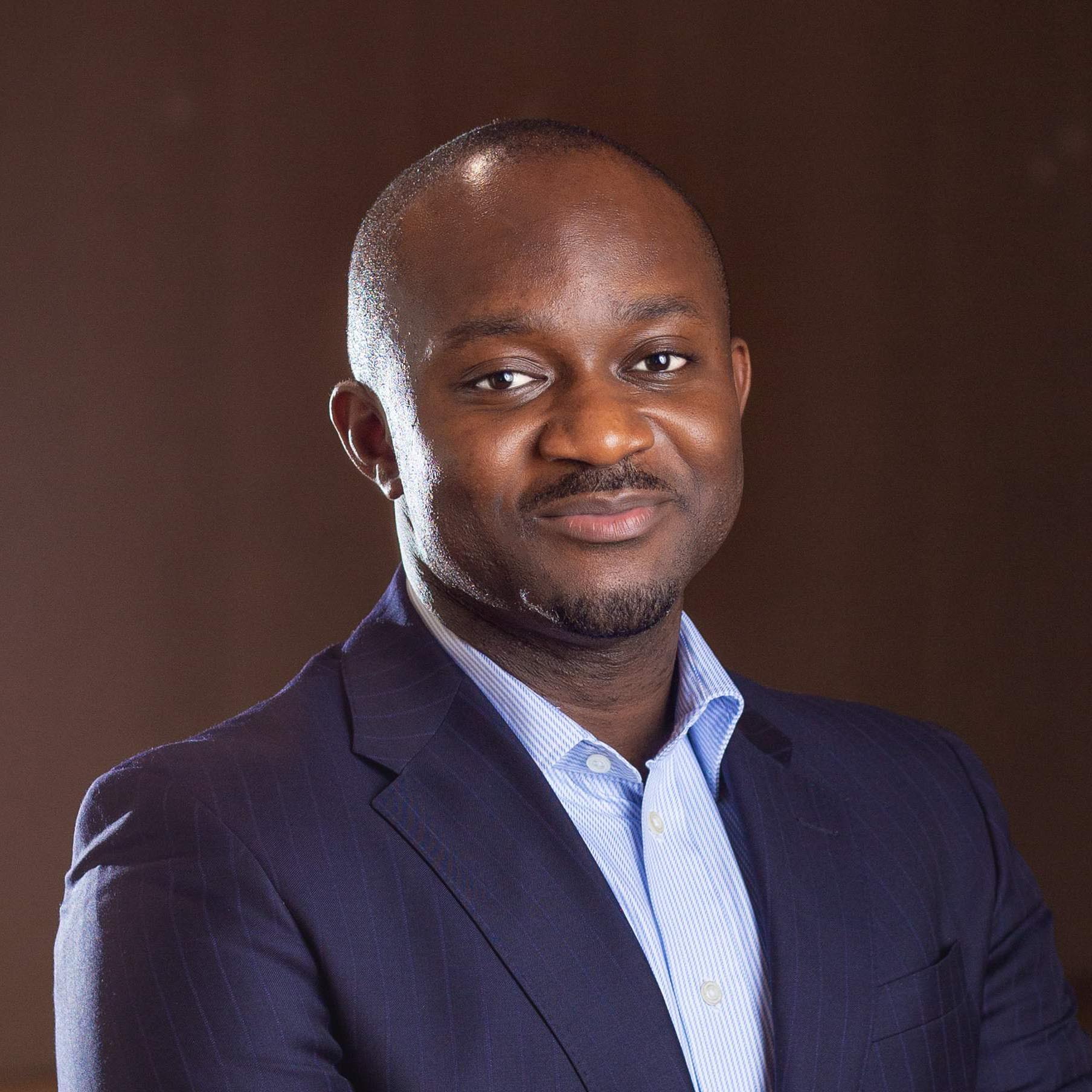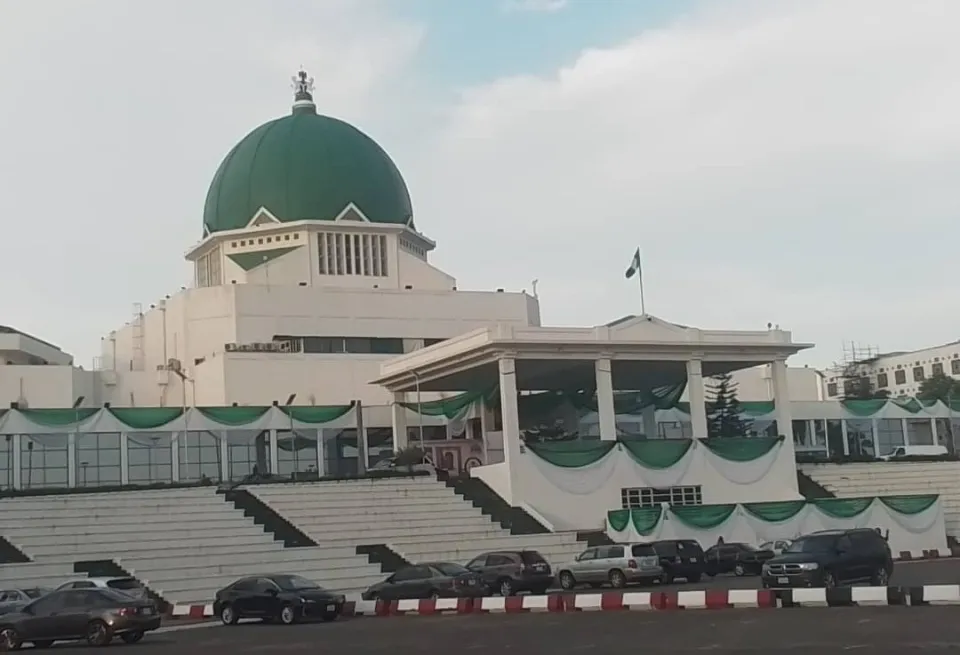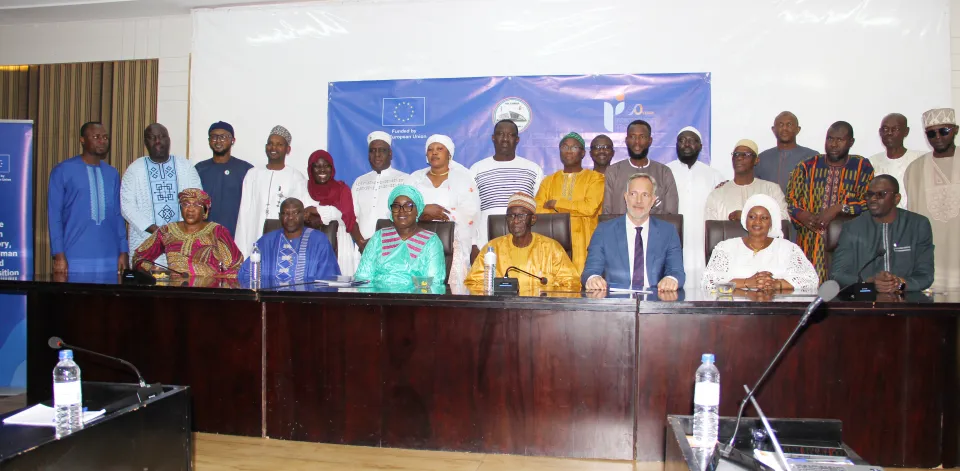The high stakes of Nigeria’s Independent National Electoral Commission’s leadership transition ahead of the 2027 elections

The current Chairman of the commission, Professor Mahmood Yakubu will end his two-term tenure of 10 years in the first week of December 2025. No Chairman has served two terms since the establishment of the commission. Following the Chairman’s exit, five national commissioners will end their tenure 2026, with another five exiting the commission on the eve of the 2027 elections. Consequently, the 2027 elections could be managed by a relatively new leadership, unless the President reappoints some of the existing commissioners. Whatever the outcome, INEC faces an unprecedented transition ahead of the next general elections.
In democracies with weak institutions, non-adherence to the rule of law and zero-sum politics, leadership transitions in the electoral commission are exploited as moments of institutional capture by political elites, especially incumbents, in their quest to consolidate control over the political process. As Yiaga Africa highlighted in its 2025 State of Electoral Integrity Report, the 2027 elections could be the most compromised and expensive elections in recent history. This projection stems from the trend of highly politicised appointments to INEC. Since 2015, all appointments to INEC have been marred by controversies due to the appointment of partisan individuals to the commission.
A striking episode was in 2022, when late President Buhari nominated his media aide and well-known partisan campaigner as a national commissioner. Civil society groups, including Yiaga Africa, International Press Centre, Centre for Media and Society, Nigerian Women Trust Fund, etc, strongly opposed the nomination through signed petitions and mounted vigorous campaigns. In a twist, the Senate rejected her nomination, citing federal character considerations.
More recently, a troubling trend of appointing individuals with limited or no experience in elections has emerged. Cronies and relatives of ministers and governors are being appointed to the commission, while competent and experienced individuals are ignored. This pattern has continued under the Tinubu administration despite public knowledge of the political involvement of some of his nominees and their close ties to governors and partisan political elites. While there is also a growing trend of appointing former INEC staff, especially Directors, as commissioners, concerns linger about whether these appointments are merit-based or a reward for political loyalty. As recent elections in Edo and Ondo suggest, elections in jurisdictions with a former INEC director serving as a commissioner have a greater quality than those managed by inexperienced appointees.
As Prof. Mahmood's era gradually winds down, it is worth noting that his tenure introduced several reforms to the electoral process. While some of the reforms haven’t delivered expected outcomes, particularly in restoring public confidence in the electoral process, some of the innovations represent significant progress and should be sustained. For example, local production of ballot papers and results sheets, creation of additional polling units, regularisation of election dates, digitisation of candidate nomination, media and observation accreditation, online pre-registration portal, deployment of the Bimodal Voter Accreditation System (BVAS) and the INEC Results Viewing Portal (IReV).
The opportunities ahead
The leadership transition in INEC presents three opportunities. First, it offers an opportunity to rebuild public confidence in the electoral process, eroded by electoral fraud, political interference with INEC, judicial misconduct and electoral impunity. The transparency and credibility of the selection process of the next INEC chairman and National Commissioners will determine whether citizens trust that their votes will count. Second, the transition is an opportunity to strengthen INEC’s independence. For too long, the commission has suffered from partisan appointments, funding delays and sabotage by other actors in the electoral governance architecture. Nigerians are clamouring for an independent INEC with the courage to stand up to a political class that sees elections as a do-or-die affair. Thirdly, the transition allows political elites to demonstrate statesmanship by building bipartisan consensus around constituting an independent, transparent, competent, inclusive and accountable INEC.
What must be done
To seize these opportunities, these three actions are necessary;
- The criteria of “non-partisanship” and “unquestionable integrity” prescribed in the constitution for the appointment to INEC have proven inadequate, given recent experiences and complexities of election administration. Therefore, the criteria for the INEC Chairman, and National and Resident Electoral Commissioners should be revised to ensure nominees have had no affiliation with any political party, whether past or present. Individuals with the courage and ability to withstand political interference are critical to inspiring public trust in the commission.
- President Tinubu should act as a statesman by leveraging his executive powers to adopt a slightly different approach before forwarding nominations to the Senate for confirmation. For instance, the President can publish the names of prospective nominees and invite the public and stakeholders, such as civil society organisations and professional bodies, to submit inputs or objections. This public scrutiny serves as a pre-nomination action that ensures due diligence and public participation.
- The Nigerian Senate should strengthen the screening and confirmation process. Four actions are expedient in this regard. First, the screening should be preceded by full public disclosure of the names, qualifications, private/public service records on the National Assembly website, print and electronic media and social media platforms. Second, the Senate should call for memoranda and petitions from citizens, civil society organisations, professional bodies, etc. Third, screening sessions should be televised on electronic and digital media platforms, and lastly, non-partisan observers should be invited to monitor or make oral submissions at screening.
The transition of the leadership of Nigeria’s electoral commission should not be treated with levity and driven by partisan considerations. It is more than an administrative change in an institution. It is a sacred task with huge implications for political legitimacy and democratic progress. Political elites should therefore resist the allure of capturing the commission for partisan gain. If the appointment process is handled with the greatest degree of transparency and devoid of political machinations, it can restore public trust especially the trust of voters and other election stakeholders. The choice before President Bola Ahmed Tinubu and the 10th Nigerian Senate is clear: capture INEC for partisan gain or safeguard it for the consolidation of Nigeria’s democracy.
Disclaimer: Opinions expressed in this commentary are those of the authors and do not necessarily represent the institutional position of International IDEA, its Board of Advisers or its Council of Member States.




